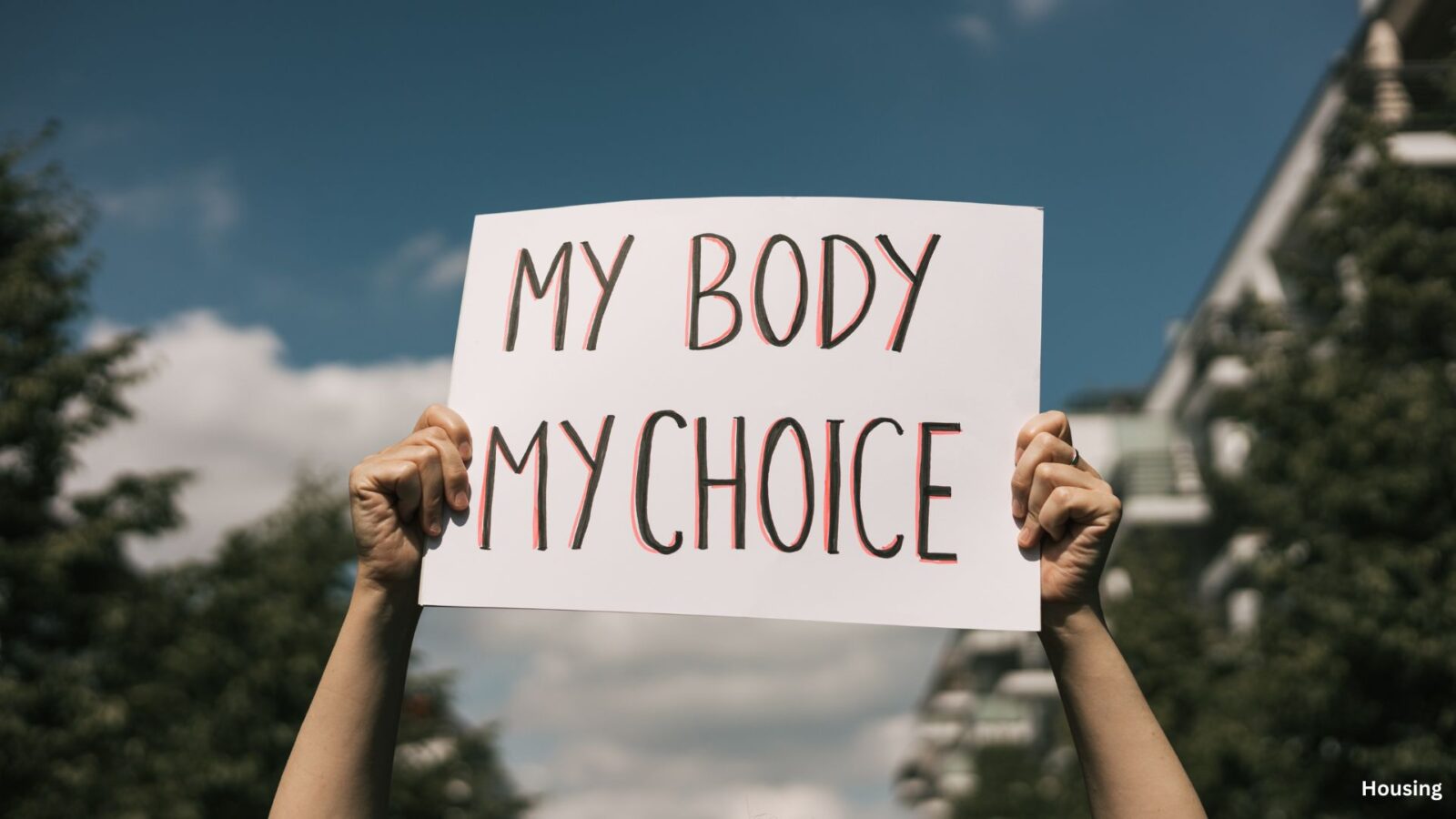In recent years, abortion access has become a significant factor in where individuals, especially younger generations, choose to live. A survey by Redfin reveals that nearly 1 in 10 Gen Zers planning to move soon cite abortion access as one of their main reasons for relocating. This trend highlights the growing impact of reproductive rights on housing decisions and the real estate market.

Millennials and Gen Z Leading the Shift
The Redfin survey shows that the majority of millennials and Gen Zers prefer to live in areas where abortion is legal and accessible. Specifically, 59% of millennials and 51% of Gen Z respondents want to live in places where abortion is fully legal. This indicates that for these generations, access to reproductive healthcare is a crucial consideration when deciding where to settle down. In comparison, older generations like baby boomers and Gen X show more divided opinions, with only about half wanting to live in a place with legal abortion.
Political Affiliations and Abortion Access Preferences

Interestingly, political affiliation plays a substantial role in shaping opinions on abortion access. According to the survey, about 35% of Trump voters prefer to live in places where abortion is legal, while 45% do not. On the other hand, 75% of Harris voters want to live in states where abortion access is guaranteed. This division further illustrates the polarized nature of abortion rights in the U.S., as the overturning of Roe v. Wade has left many people choosing where to live based on state-specific laws.
IVF and Fertility Treatments Influence Decisions

Beyond abortion, access to fertility treatments like IVF is another consideration for many. Two-thirds of millennials and Gen Zers prefer to live in a place where these treatments are accessible, further demonstrating how healthcare availability plays a pivotal role in relocation decisions. States with restrictive reproductive healthcare policies may see an exodus of younger residents seeking more progressive environments.
The Real Estate Implications of Reproductive Rights
With the U.S. Supreme Court’s decision to overturn Roe v. Wade, the legal landscape of abortion varies drastically from state to state. This disparity has led many Americans, especially younger ones, to prioritize abortion access when deciding where to live. As housing markets adapt to this shift, real estate agents and developers in states with more liberal abortion laws may find themselves catering to a growing demand for homes from people seeking reproductive healthcare rights.

The survey results reflect a clear trend: abortion access is no longer just a political issue—it’s influencing where people choose to live. As more individuals, particularly millennials and Gen Zers, prioritize access to abortion and fertility treatments in their relocation decisions, the housing market must evolve to meet these new demands. Whether driven by political affiliations or personal healthcare needs, the impact of reproductive rights on real estate is undeniable.








